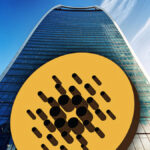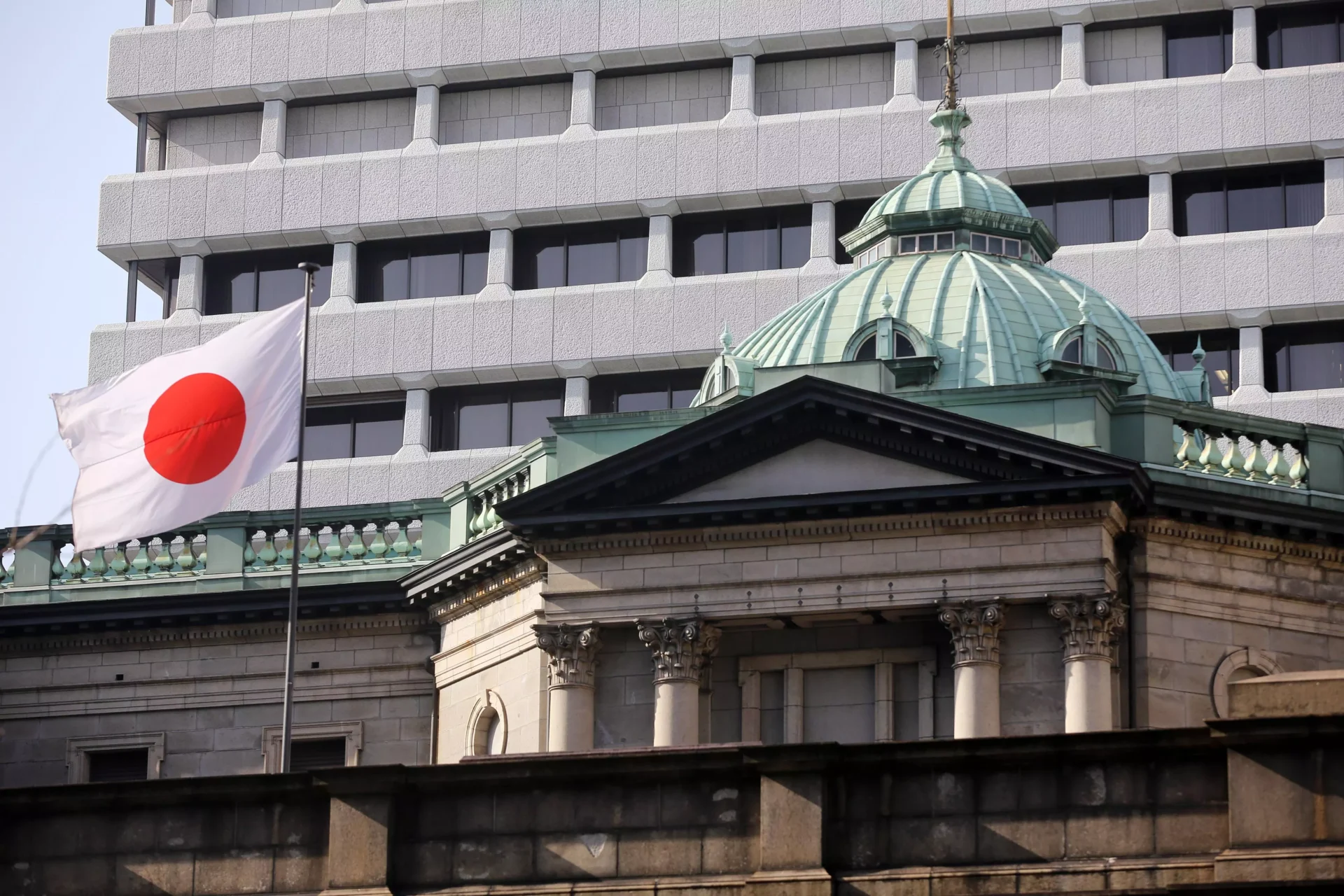The Bank of Japan (BOJ) isn’t letting up on its fight against inflation anytime soon. In a move that surprised no one paying attention, Governor Kazuo Ueda recently doubled down on his decision, saying that more interest rate hikes are definitely on the table.
“There is no change to our basic stance of adjusting the level of monetary easing going forward if we can confirm that the outlook for the economy and prices is more likely to realize as we expect.”
The markets heard this comment loud and clear. His words pushed the yen up against the dollar, with the yen hitting 145.30 during Tokyo trading, a big jump from the 146.30 it was sitting at before Ueda opened his mouth.
The takeaway? The BOJ is ready to pull the trigger on more rate hikes if needed.
Let’s not forget that this is all happening after the BOJ raised its policy rate target to 0.25% back in July. Before that, the rate was basically nonexistent, stuck in a range of 0% to 0.1%.
It was the first time Japan had lifted rates since it gave up on its negative-rate policy, which had been the only one of its kind in the world. Japan’s been taking baby steps away from this ultra-loose monetary stance, but now, it seems like they’re ready to walk a little faster.
But hold up. Not everyone at the BOJ is trigger-happy.
Earlier this month, when fears of a U.S. recession and other global economic headwinds were causing market chaos, Shinichi Uchida, deputy governor at the BOJ, said that the bank would hit the brakes on any rate hikes if markets went into meltdown mode.

And on Friday, Ueda was quick to point out that he and Uchida are on the same page. He stressed that the bank will keep a close eye on financial markets with, and I quote, “a high sense of urgency.”
When Ueda spoke, the Nikkei Stock Average nudged up 0.4% to close at 38,364.27. Why? Because investors know the BOJ isn’t messing around.
Inflation is still a concern, and with consumer prices climbing 2.8% in July compared to the same time last year, Japan’s inflation is above the BOJ’s 2% target. Many economists are betting that more rate hikes are just around the corner.
Now, let’s talk about the yen carry trade—a once-hot strategy that’s taken a hit recently. When Japan’s currency started surging, the yen carry trade, where investors borrow yen to invest in higher-yield assets, pretty much went up in flames.
The strategy was popular because Japan’s low rates made it cheap to borrow yen and then invest that money elsewhere for a better return.
But now, as the yen gets stronger thanks to Ueda’s rate hikes, those gains are evaporating. Investors are bailing, and the yen carry trade isn’t looking so great anymore.
But wait—there’s another carry trade in town that’s less prone to this kind of volatility. We’re talking about the yuan carry trade.
Unlike its yen counterpart, the yuan carry trade isn’t driven by speculators. It mainly involves exporters and multinationals who are borrowing yuan to buy higher-yielding assets.
According to the Royal Bank of Canada, this strategy could be more resilient as China’s central bank keeps its monetary policy dovish. So while the yen trade crashes and burns, the yuan trade might just weather the storm.










